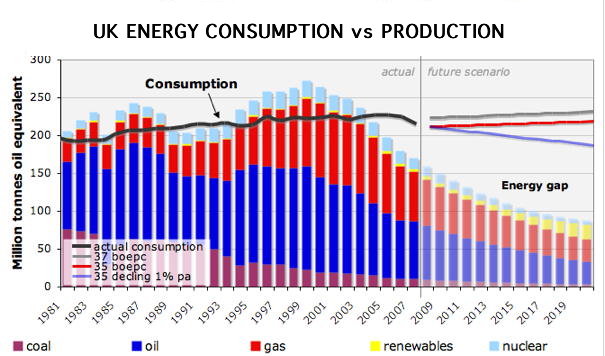~ WHY YOU SHOULD SAVE YOUR OWN SEED ~
Until recently, every gardener in the world saved their own seed. And every gardener was, therefore, a plant breeder.
They simply saved the seed of the plants that did best for them, and which they liked most. Although simple, this was efficient.
Each gardener was maintaining a slightly different strain of each vegetable, and this made for a huge living genebank that was very resilient against disease or climate change.
If things changed so that your cabbages didn’t do well, someone down the road had a slightly different one that would cope.
This has worked very well for the past 11,000 years. That includes the Bronze Age, the building of the Pyramids, the rise and fall of all the major empires.
Every year, without even thinking about it, millions of people added to the achievements of their ancestors to maintain and improve the previous years’ varieties. Because their seed was real, open-pollinated seed, every seed was a bit different, so it was widely adapted, but also adaptable - it could cope with all sorts of change.
Now, we have thrown this all away. In the past 40 years, almost all these adaptable local strains have been lost.
Gardeners have forgotten how to save their own seed. They are sold hybrids, where every seed is identical, in every packet, year after year - no adaptability for different soils, or for changes in climate over time.
And because these hybrid seeds are all the same in every field in every country, people have to bludgeon the environment into some sort of ‘standard’ growing medium with fertilisers and chemicals, to grow their standardised seeds.
Should the climate change, or the supply of cheap oil (to make all these chemicals) dry up, then these hybrids will do badly, and there will be no real seeds left to breed from.
Profits for the seed companies now, but disaster in the future . . . real farming is a project that has been ongoing for millennia, but now in the height of our tiny period of cheap oil, we think we know better and have turned it into just another industrial process.
Peoples food should represent stored sunlight and water, but 90% of its calories come from oil these days – for the ploughing, spraying, fertiliser, transport.
When the oil runs out, who will have the real seeds that can grow without it?

Seed-saving is easy. You'll get better seed, better food, and help preserve 11,000 years of work for the future!






